Description
Robert Schumann’s “Scenes of Childhood” Op.15 (1838), “Album for the Young” Op.68 (1848) and “Forest Scenes” Op.82 (1848/1849) play a major role when learning how to play the piano, as they occupy an important place in the transition from piano methods to the great piano literature. At the same time, they provide a wonderful introduction to the world of Romanticism.
When Schumann composed the “Scenes of Childhood”, he was not yet married to Clara and was fighting her father’s disapproval. When he wrote the “Album for the Young”, whose starting point was a small collection of his own pieces and arrangements of pieces by other composers for his eldest daughter’s 7th birthday, Clara had already given birth to five children and lost one again. While in the “Scenes of Childhood” a reflection on childhood takes place, the “Album for the Young” actually consists of pieces for early piano lessons. Finally, the “Forest Scenes,” written almost in parallel, go down in history as prime examples of Romantic character pieces in their idealization of nature as well as an expression of escapism against the backdrop of the revolutionary events of 1848/49.
This collection of eleven pieces from all three work cycles is published as part of a series of popular works from the Bärenreiter catalogue for the 100th anniversary of the publishing house. The pieces are taken from the following Bärenreiter Urtext editions: “Scenes of Childhood” Op.15 (BA09639), “Album for the Young” Op.68 (BA09641), “Forest Scenes” Op.82 (BA09640). In the “Album for the Young”, in addition to the famous “Advice to Young Musicians” (German, English and in Liszt’s French translation), the appendix contains further pieces from the compositional environment of the Album that were unpublished during Schumann’s lifetime. In all three editions, Clara Schumann’s original pedal markings are included for the first time. The fingerings by Ragna Schirmer take into account historical performance practice – Clara Schumann’s fingerings served as an essential starting point – as well as playing on the modern concert grand piano.
Only logged in customers who have purchased this product may leave a review.
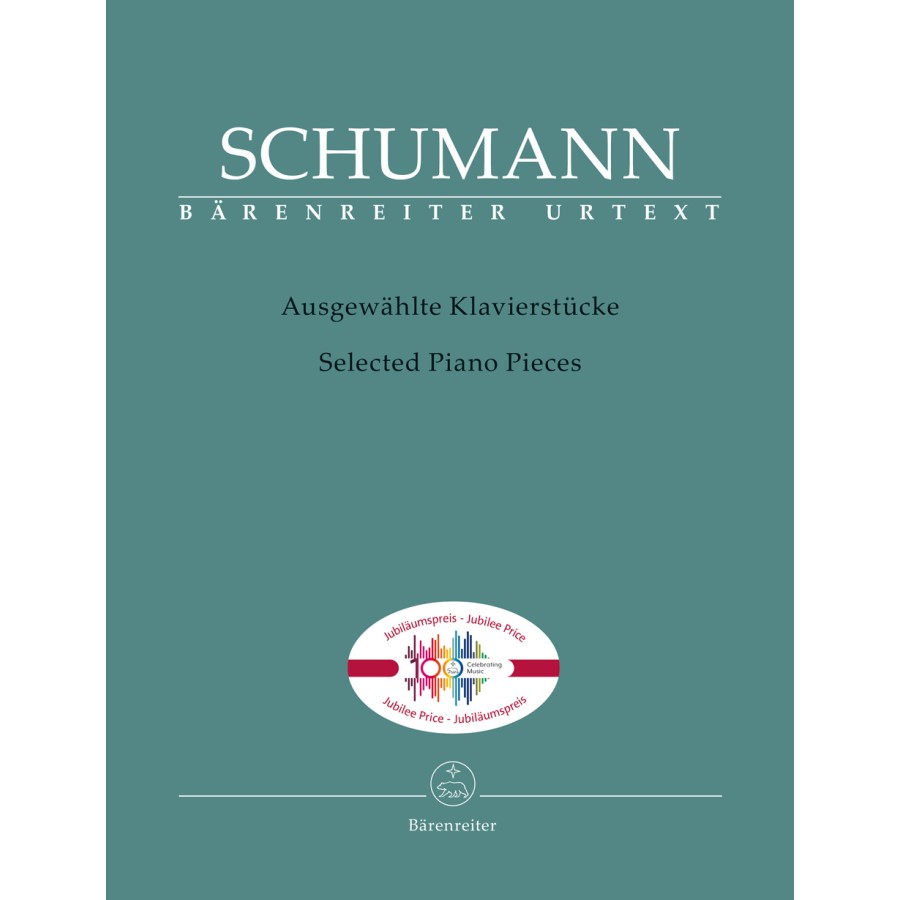
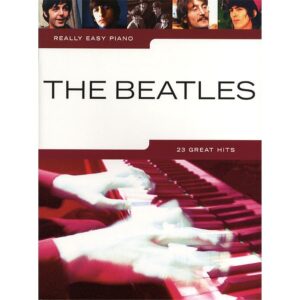

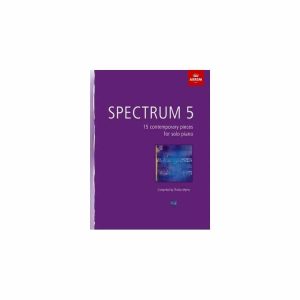
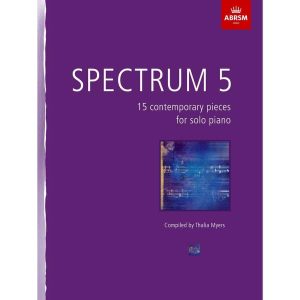
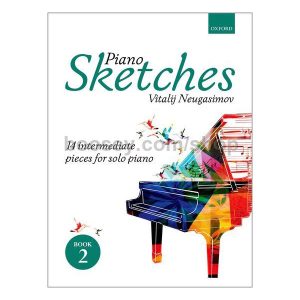
Reviews
There are no reviews yet.